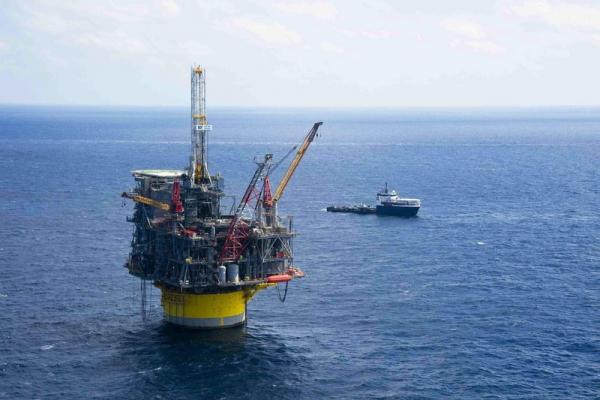This post was originally published on this site
https://i-invdn-com.akamaized.net/news/0f3bf25e0e9280bb78ece6969d4383cb_M.jpg
DUBAI (Reuters) – Franklin Templeton has recently bought more bonds issued by governments in the Gulf, including high-yield names like Oman and Bahrain, seeing value as yields spiked on the back of plunging oil prices and the coronavirus outbreak.
Gulf governments are raising billions of dollars in the debt markets to offset the impact of lower oil revenue on their budgets, but a recent sell-off due to plunging oil and the coronavirus pandemic has pushed up their borrowing costs.
Abu Dhabi and Qatar sold $17 billion in bonds between them last week and Saudi Arabia is expected to close a multi-billion dollar issue later on Wednesday.
Since the beginning of March, Franklin Templeton’s GCC Bond Fund increased exposure to sovereigns to 39% from 29% and slashed financial institutions to 12% from 19%, Dino Kronfol, Franklin Templeton’s chief investment officer of global sukuk and MENA fixed income, told Reuters.
The investment firm, which managed about $580 billion in global assets as of end-March according to its website, cut exposure to Gulf government-related entities to 18% from 20% and edged up corporates to 27% from 25.5% in the same period.
“We came into the coronavirus crisis relatively defensive but the oil price came as a surprise,” Kronfol said. “At the depth of the crash, we shifted around 20% of the portfolio, with a strong bias towards sovereigns.”
Oil prices have tumbled on the back of the COVID-19 pandemic as well as oversupply, worsened by the collapse last month of an agreement between OPEC and allies led by Russia. On Sunday, they agreed a new output curb deal but it has done little to lift oil prices.
Franklin Templeton increased its exposure to Oman by 7% and Bahrain and Saudi Arabia by 3% each since mid-March, he said.
“At the depth of the crisis, we shifted slightly down from higher-quality names into higher-yielding names. For example, selling some Abu Dhabi to buy some Saudi or to be able to buy Oman and Bahrain,” Kronfol said.
He said given where Bahrain and Oman’s debt was trading, investors were expecting them to restructure within two years, which he saw as too simplistic. Kronfol expects decisive action from both countries on spending, for them to have enough resources to navigate the next two years, the Gulf states to express support for Oman and oil to recover.
The yield on Bahrain’s 30-year bonds due in 2047 rose to a peak of 10% on March 20 from about 6% at end-February. Oman’s similar bonds due in 2048 rose to a peak of 12.1% yield from 7% in the same period. They have since recovered to 8% and 10% respectively.
“The GCC Bond Fund was at about $205 million before this crisis and is now closer to $165 million,” he said, with about half lost due to the market and half due to redemptions.
Kronfol expected Gulf assets under management to rise and said outlook for business remained positive for the year.

